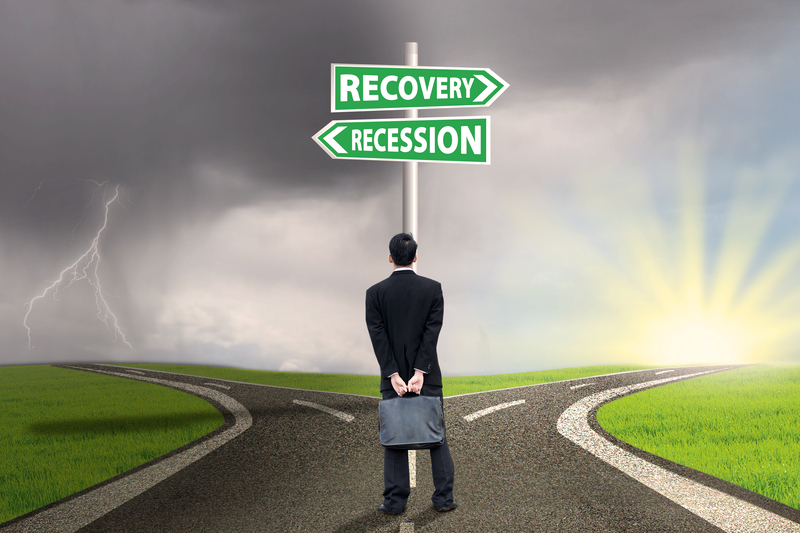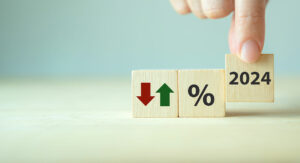Life Imitates Art in the Vibe Economy

After a shaky start to the year, the U.S. economy grew by 2.9% in the fourth quarter of 2022 and by 2.1% for the entire 12 months. You’d think that would have economists dancing in the aisles, but that is not the case.
Despite strong employment numbers and decent, if not spectacular, consumer spending, and overall good gross domestic product reports, dark clouds hang over the economy – if you believe the news stories.
While Yahoo News admitted the predicted recession may not materialize, the outlet hedges its bets with the warning that “many of the seeds of a slowdown are already planted.”
Taking it a step further –possibly into economic oblivion – Yahoo added, “despite the resilience of the fourth-quarter GDP growth, the economy was on the precipice of a recession and may already have fallen off the ledge.”
Likewise, USA Today opined that 2022’s strong second-half recovery may be fleeting when compared to the outcome in 2021.
“For all of last year growth pulled back significantly after reaching the fastest pace in 37 years in 2021,” the media platform said. Of course, 2021 was an outlier year, with the bursting forth of pent-up demand from the darkest days of the Covid-19 pandemic, fueled by large helpings of federal stimulus money.
Even the venerable New York Times has jumped on the recessionary bandwagon, twisting any snippet of good economic news to a momentary calm before the coming storm.
“The economy remained resilient last year in the face of inflation, war and a Federal Reserve intent on curbing the pace of growth,” the paper of record said. “A repeat performance in 2023 is far from guaranteed.”
So what do we make of all this doom-and-gloom reporting on the economy? Is it the result of careful study and reasoned argument or simply pandering to the lowest common denominator of economic news and playing on the fears of American consumers?
At the heart of the matter is a commingling of statistical reality and psychological guess work, all designed to keep the state of the economy and the potential for recession top of mind for consumers – and keep them glued to their screens searching for more clues about what is on the financial horizon.
It is that psychological angle to economics that is in play, pushing the narrative toward the worst-case scenario and rejecting anything that contradicts the story line. But that isn’t real life. And it doesn’t sell papers or generate web clicks or keep viewers tuned in to cable news.
The truth of the matter is nobody knows where the U.S. economy is going to be in three, six or 12 months. All we have to go on is what happened last year and, like lightning, economic realities don’t strike in the same way twice.
The pessimism displayed in reporting about the economy is reminiscent of Donald Sutherland’s character Sgt. Oddball in the 1970 film “Kelly’s Heroes.”
Sgt. Oddball is constantly reminding his tank crew not to always assume the worst, admonishing the Gavin MacLeod character “always with the negative waves, Moriarty.”
Maybe Sgt. Oddball has it right. Maybe looking at the economy with the expectation that something is about to go wrong is not the way to live.
Instead, letting life imitate art, economists and analysts should take Sgt. Oddball’s advice and “say something righteous and hopeful for a change.”
It certainly couldn’t hurt.






